When others ran, Jacky Ickx walked. The year was 1969, and it was a powerful statement against the unsafe “Le Mans start” where drivers would run to their car and begin the race without wearing a seatbelt. Ickx would go on to win the race. In this rare sit-down at the Chopard boutique in Sydney with journalist Ben McKimm, Ickx reflects on his 30-year partnership with the luxury watchmaker, the evolution of motorsport, and why he chooses to live in the present rather than dwell on the past.
Jacky Ickx is an icon in motorsport. He’s a two-time runner-up in the Formula 1 World Championship (1969 and 1970) and an eight-time Formula 1 Grand Prix winner (between 1968 and 1972). However, his biggest success came in endurance racing, where he claimed six wins in the 24 Hours of Le Mans (1969, 1975, 1976, 1977, 1981, and 1982)—earning him the nickname “Monsieur Le Mans.”
I sat down with Jacky at the Chopard boutique in Sydney to talk about his 30-year partnership with Chopard and paint a picture between the then, and now in motorsport. However, as he revealed throughout the interview, he’s not a man who dwells on the past, he’s living in the present, with a focus on building his legacy now and into the future. We did speak briefly about his win in the 1983 Paris-Dakar Rally alongside actor Claude Brasseur in a Mercedes-Benz G-Class, which was a highlight, but we also dug deep into the connection he has with time itself.
During our lengthy interview, Jacky Ickx talks about his early life, motorbikes, the Paris Dakar, and his long-standing relationship with Chopard—one built on mutual admiration, trust, and appreciation of craftsmanship.
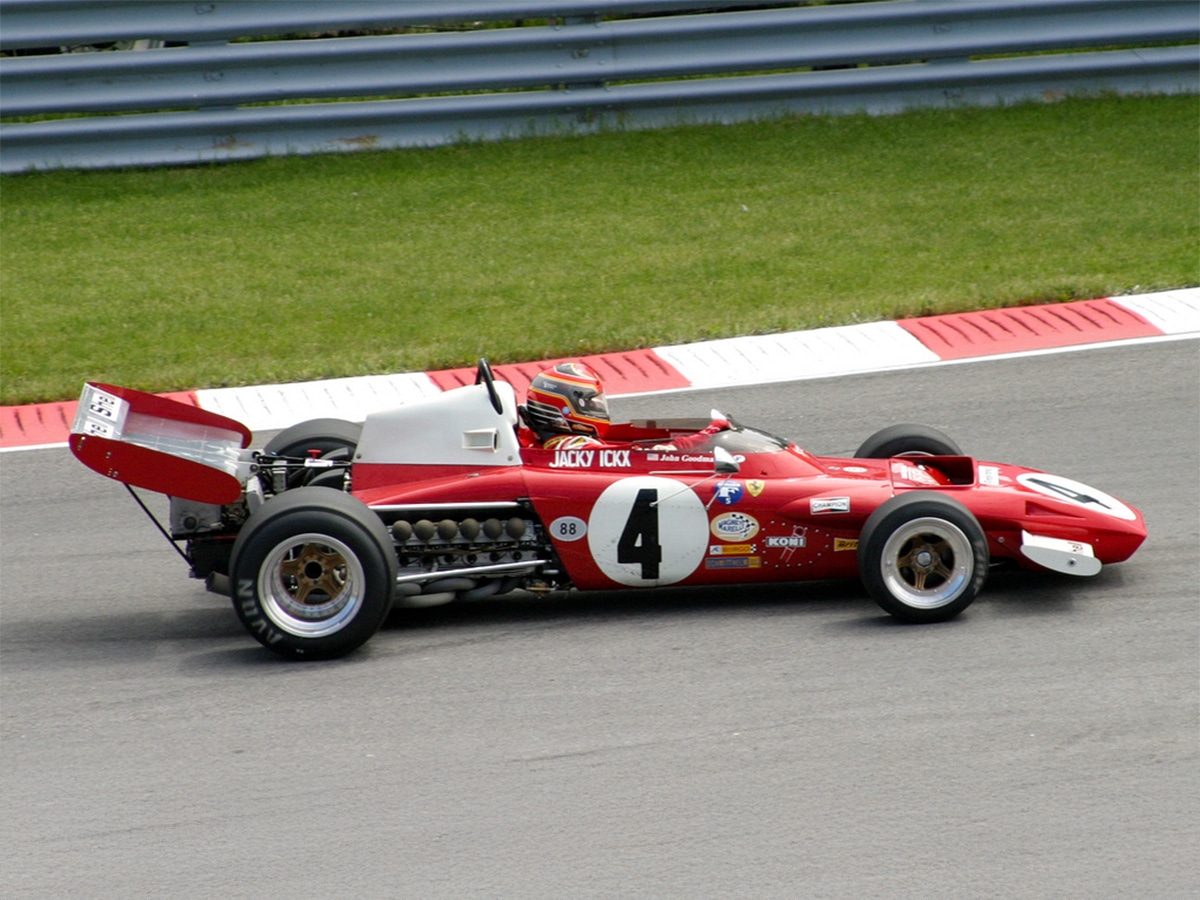
Jacky’s Early Years: A Troubled Student, A Future Champion
MoM: Jacky, your racing career spanned some of the most transformative years in motorsport. Looking back, what moments stand out as defining for you and the sport?
“That’s a long and difficult one, eh? It’s very embarrassing because now you’re pushing me to go back into reality.”
“The reality is that life is unpredictable. I caused a lot of problems for my parents because they didn’t know what to do with me. I was extremely good at being at the back of the class—better yet, I always chose the seat by the window. At least then, if I wasn’t interested in what was happening inside the classroom, I could look at what was going on outside.”
“And I must say, I was very strategic—I always chose the window with a radiator, so in winter, it was really more comfortable. The only problem was when I went back home with my results… I faced really difficult moments, and my parents too.”
“So, honestly, they didn’t know what to do with me. But in their philosophy of education, they thought maybe I needed encouragement to do better. I was used to being in the last place on the grid. And then, one day, they gave me a trial motorcycle.”
“Instead of being last, or let’s say in the last group, I discovered I was not too bad at riding a motorcycle. I’m not saying I was winning, but suddenly, something was happening. Everybody said I was bad at everything—so when I realised I could be good at something, it was a surprise.”
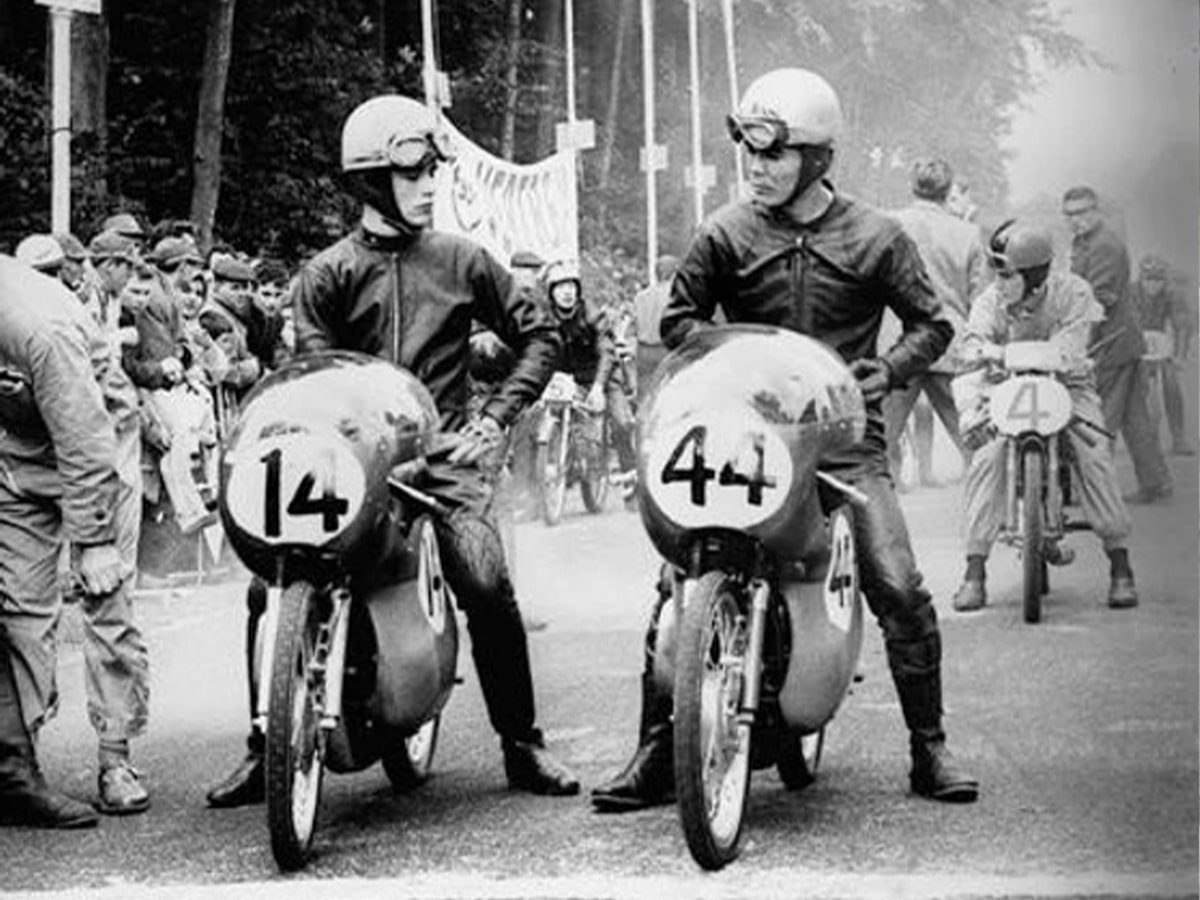
From Two Wheels to Four: His Journey to a Racing Icon
MoM: So, was it the motorcycle that set you on the path to racing?
“The motorcycle gave me the wish to do better. I stopped school. I was on my bike all the time. And then, step by step, I got on the podium. Then I realised winning was very attractive, too.”
“That drive took me to motorcycles, to speed, to all of these things, and then one day, someone came along with a car. Step by step, I climbed up.”
“It was like school at the time. If you received recognition, there was always someone ready to offer you a car or a motorcycle.”
“But I have to say, my parents lived in fear all their lives. On one side, they were happy, but on the other, they suffered. They lasted long enough to suffer for a long time—every weekend in constant fear. That’s the reality of it. There is nothing for nothing in life.”
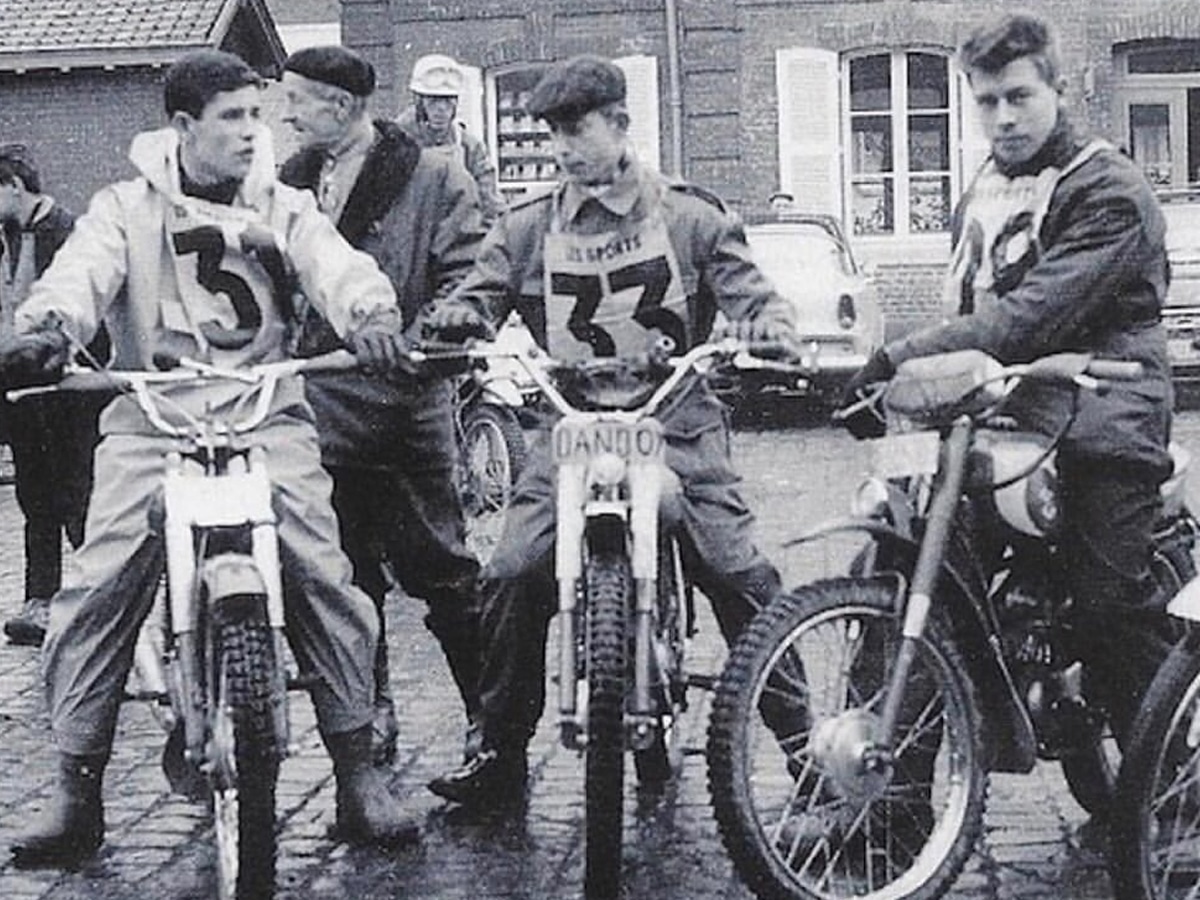
“Instead of being last, or let’s say in the last group, I discovered I was not too bad at riding a motorcycle. I’m not saying I was winning, but suddenly, something was happening.”
Racing Then vs. Now: Fear, Technology, and the Fight for Milliseconds
MoM: Today’s generation sees your era as the “fearless era” of racing. What was it like for your parents, knowing you were out there taking these risks?
“You see, at the same time, I’ve explained this before—it’s a freedom to do what you like, and when you do, it’s not an effort anymore. It’s not work. If you like something, it’s not work—it’s pleasure. It’s never too hard.”
“Often people ask me for advice, but the reality is that becoming someone in a risky profession is incredibly difficult.”
“Today, you build champions at the age of six. You have to start at six. You have to go karting at six, and you have to do it every weekend. The passion of the father, plus the passion of the child—it makes a hell of a team.”
“When I was young, it was different. It was not demanding. It was not an effort. It was just a chance.”
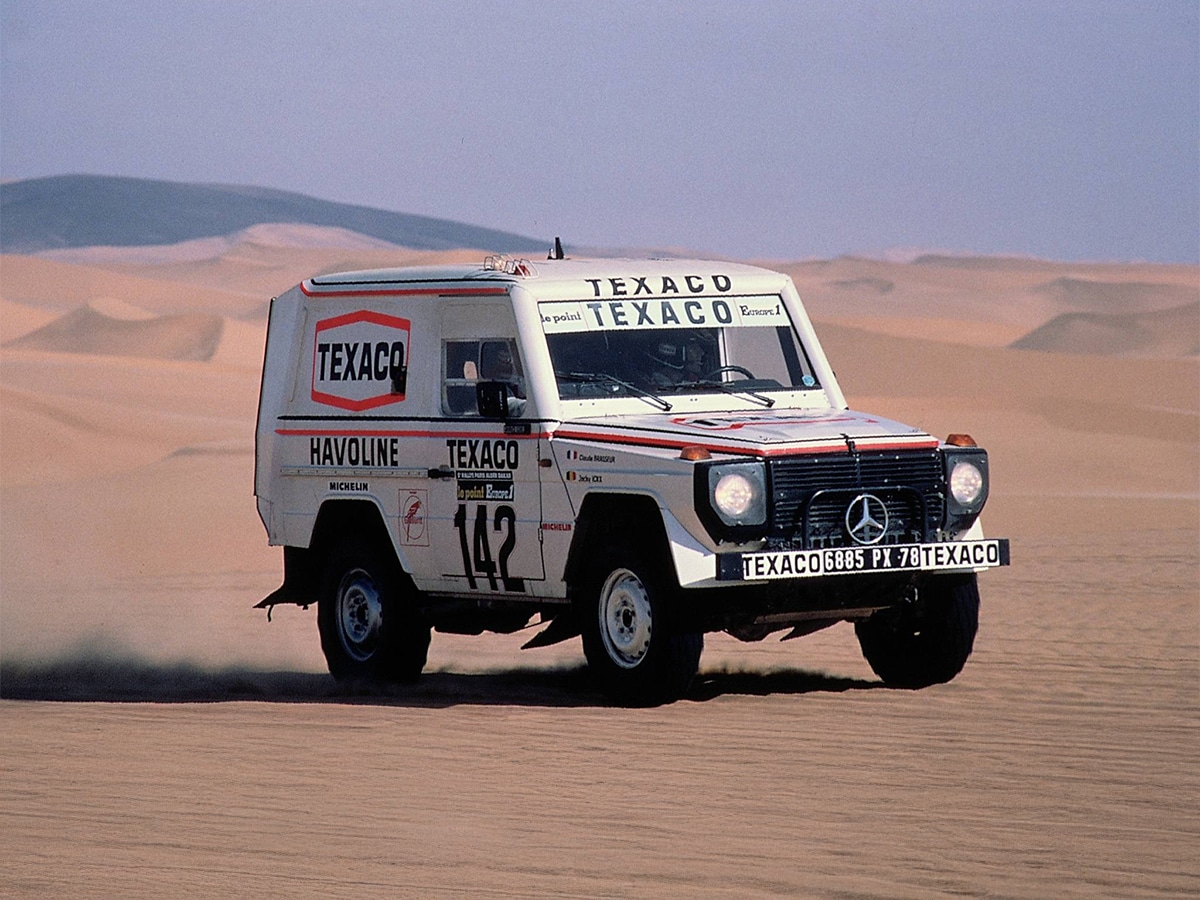
A Life-Changing Dakar Experience
MoM: What about the Dakar Rally? That was a major change from circuit racing.
“It changed my life. Probably the best part of my life.”
“In car racing, you have many lives. But I would exchange everything I had before for the Dakar because it gave me the chance to see life differently.”
“You see the world differently—you meet people in countries you would never normally visit. They have different traditions, different ways of life, and it forces you to open your eyes.”
“In Dakar, you can’t cheat. You come back to the ground. It’s one of the hardest races in the world, and it challenges you in ways you don’t expect.”
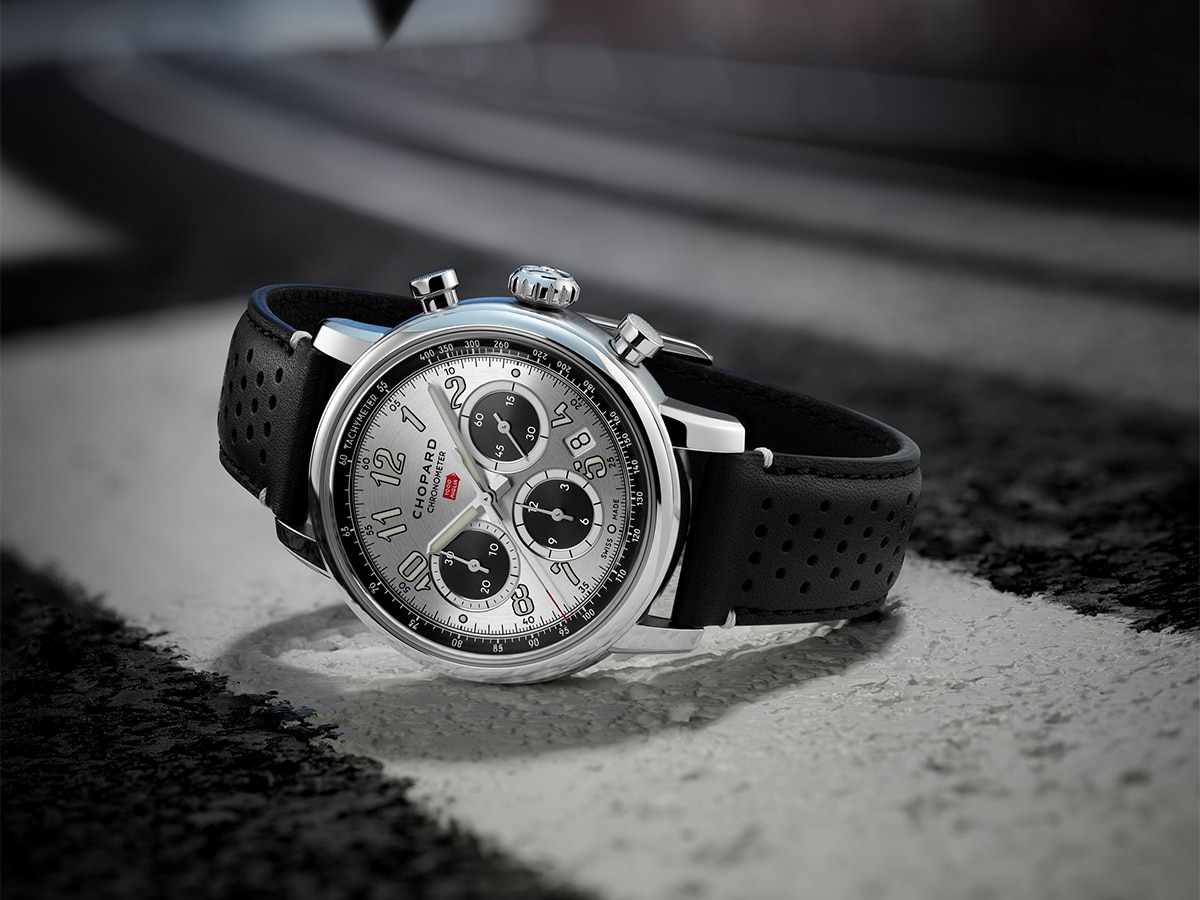
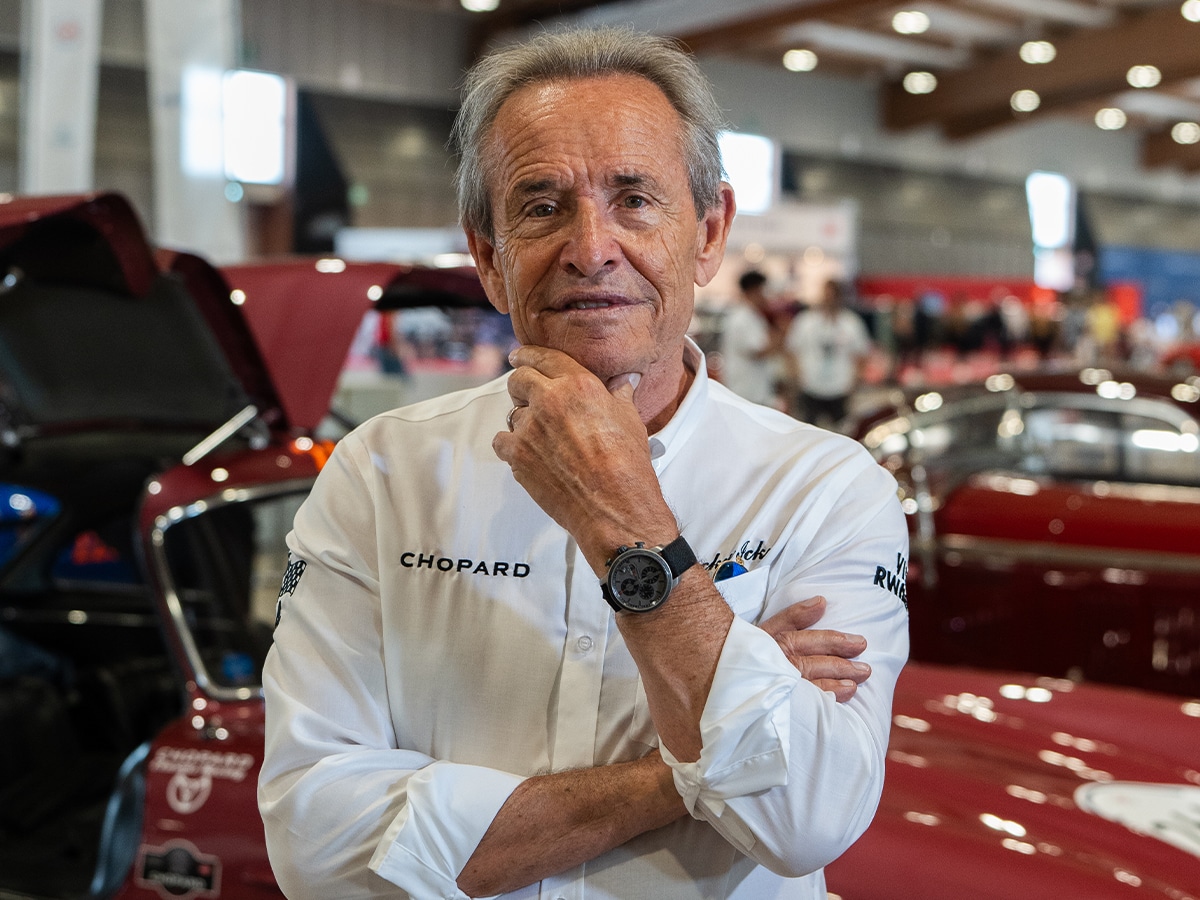
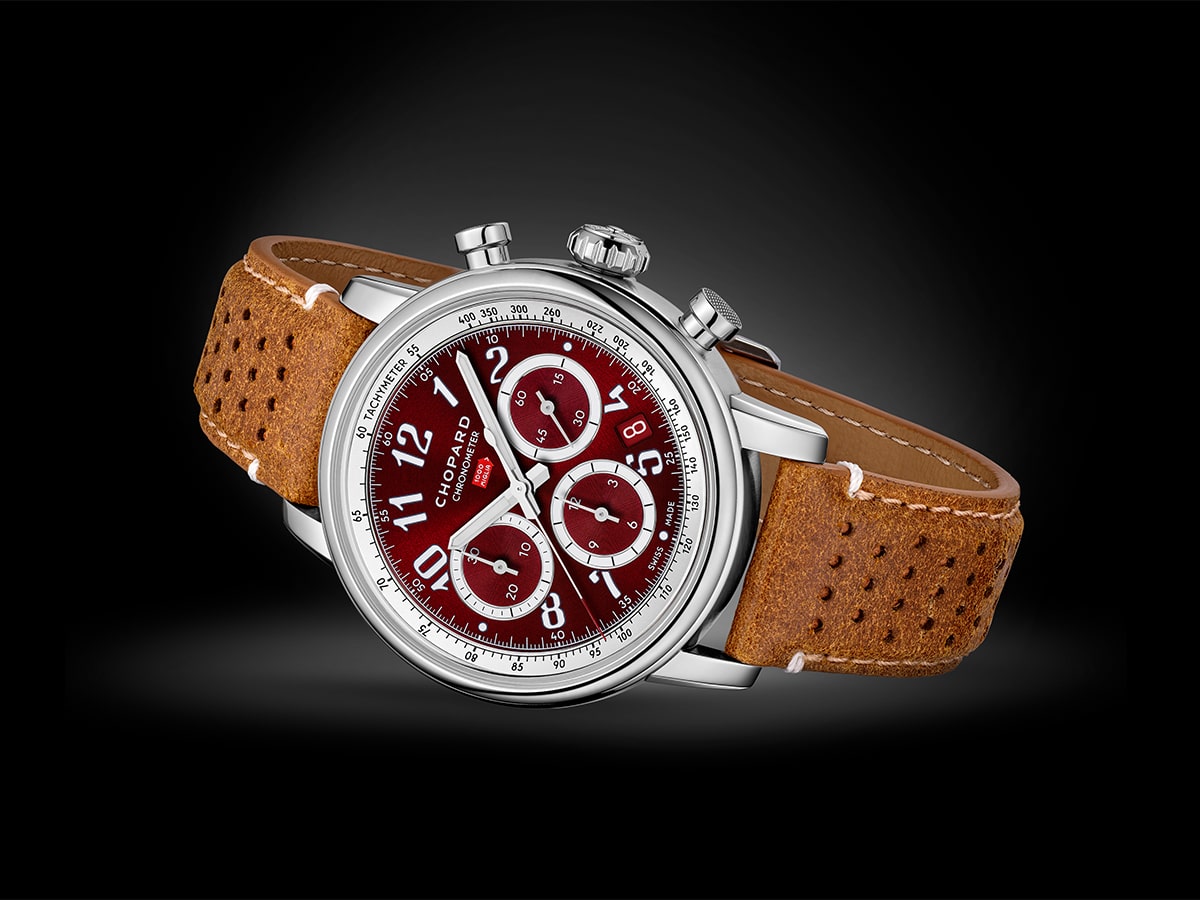
Chopard: A Partnership Built on Friendship and Time
MoM: Let’s talk about Chopard. You’ve been with them for over 30 years—what makes this relationship so special?
“You know, it’s almost a miracle. Normally, sponsorship deals last two, three, four, maybe five years. But 30 years?”
“We have built a strong relationship. Over time, trust and confidence grew, and we discovered more about each other.”
“Often, they call me a “member of the family”—not just when they’re in a good mood, but even when they’re in a different mood. That’s fantastic.”
“Chopard is different from other watch companies. It’s still a family business—one of the last surviving ones. Most others are just part of a bigger industry. But Chopard puts human ingredients into the business.”
“The success of the company is the success of the people behind it. The talent of these people makes the brand what it is today.”
Time, Racing, and Legacy
While Ickx wasn’t eager to speak at length about his past during our interview, his final statement was a perfect reflection on the 30 years of success he’s had with Chopard. They have respect for each other that goes beyond watches, and both he and the brand see eye-to-eye on values, craftsmanship, and the precision that mirrors his own journey in racing. It’s reflected in the timepieces, and the Chopard Mille Miglia Classic Chronograph is the latest in a long line of watches with speed and style.
From his rebellious school days to becoming “Mr. Le Mans,” from Dakar to his 30-year bond with Chopard, Jacky Ickx remains a true legend on and off the track.


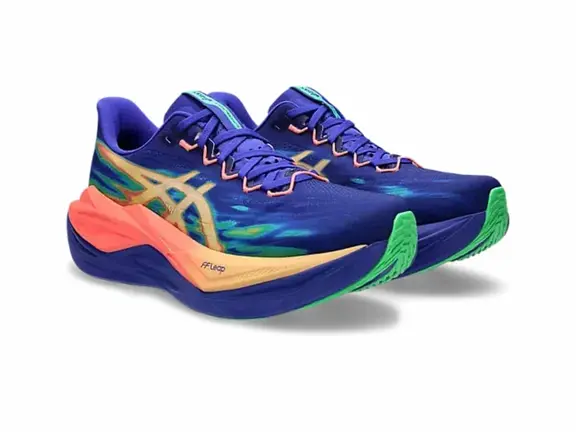




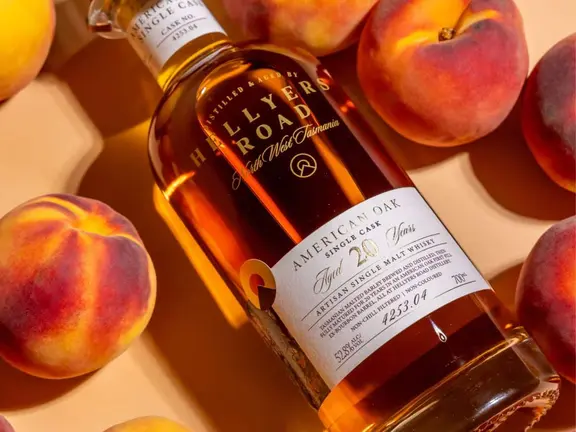



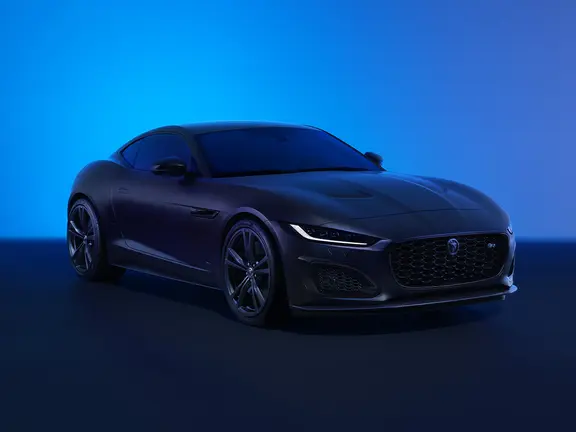
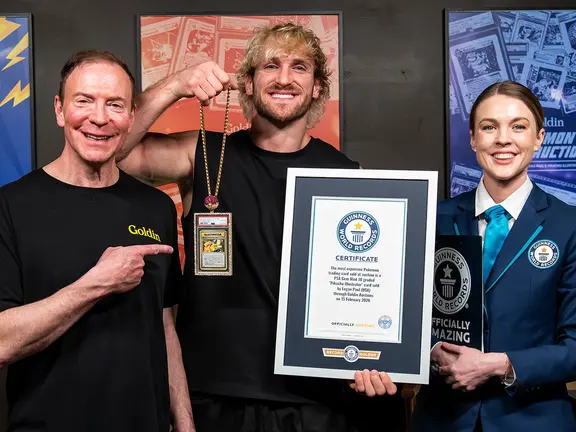

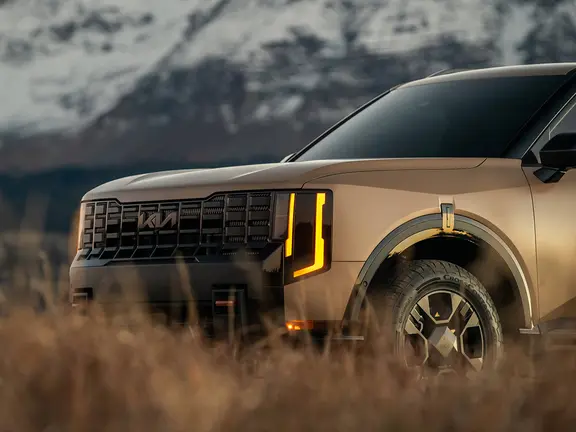
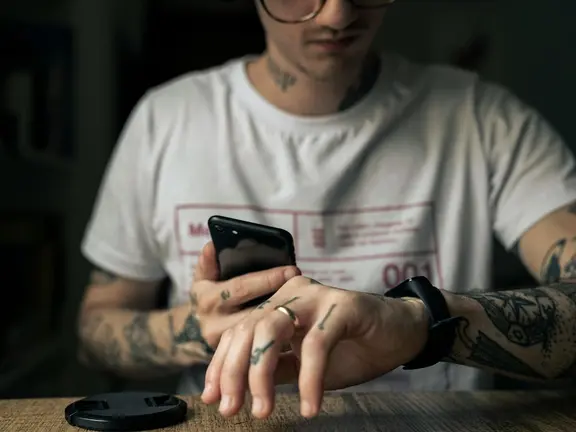




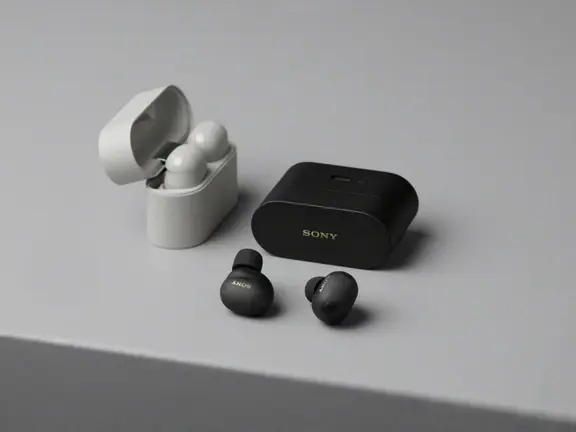






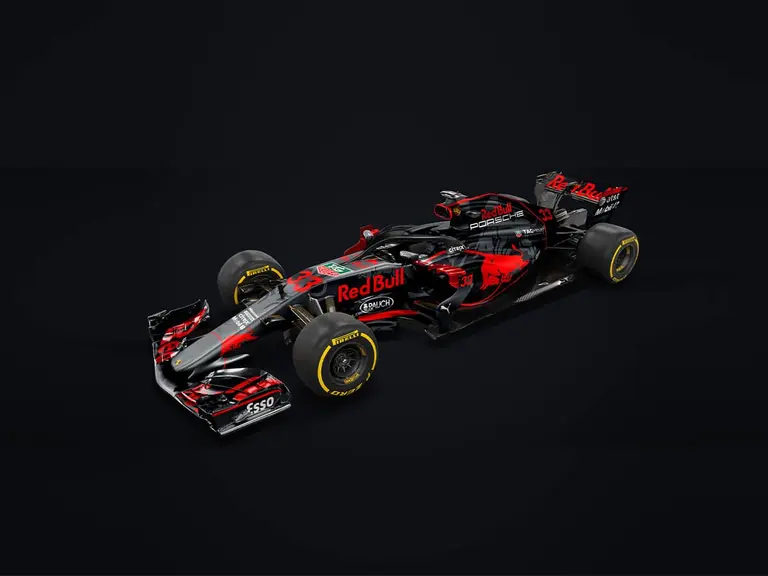


Comments
We love hearing from you. or to leave a comment.